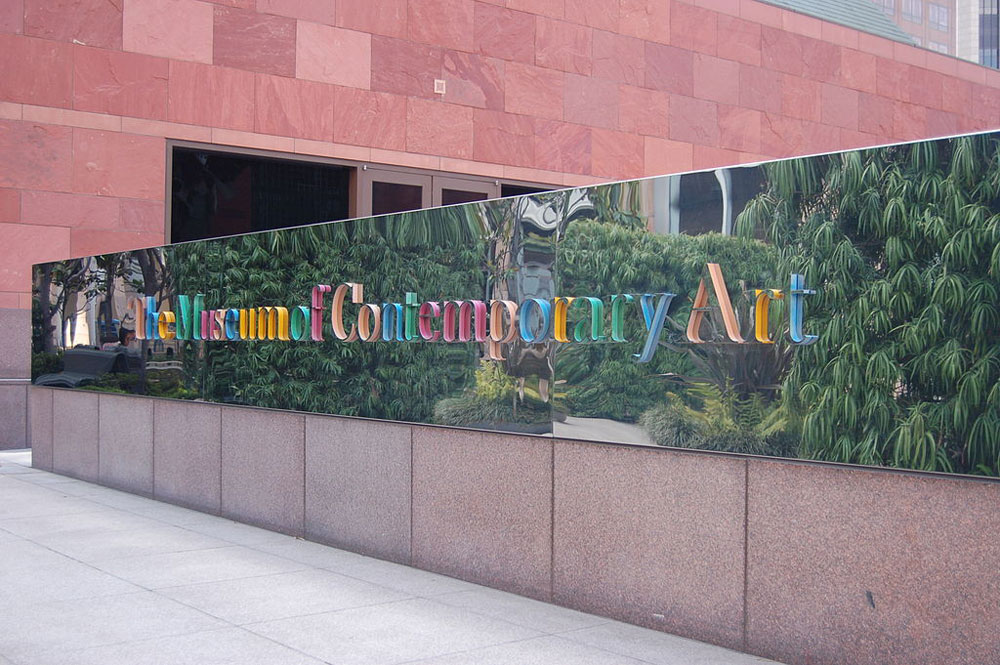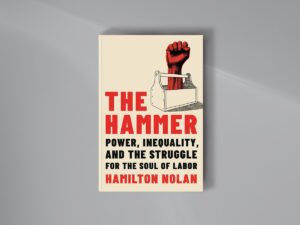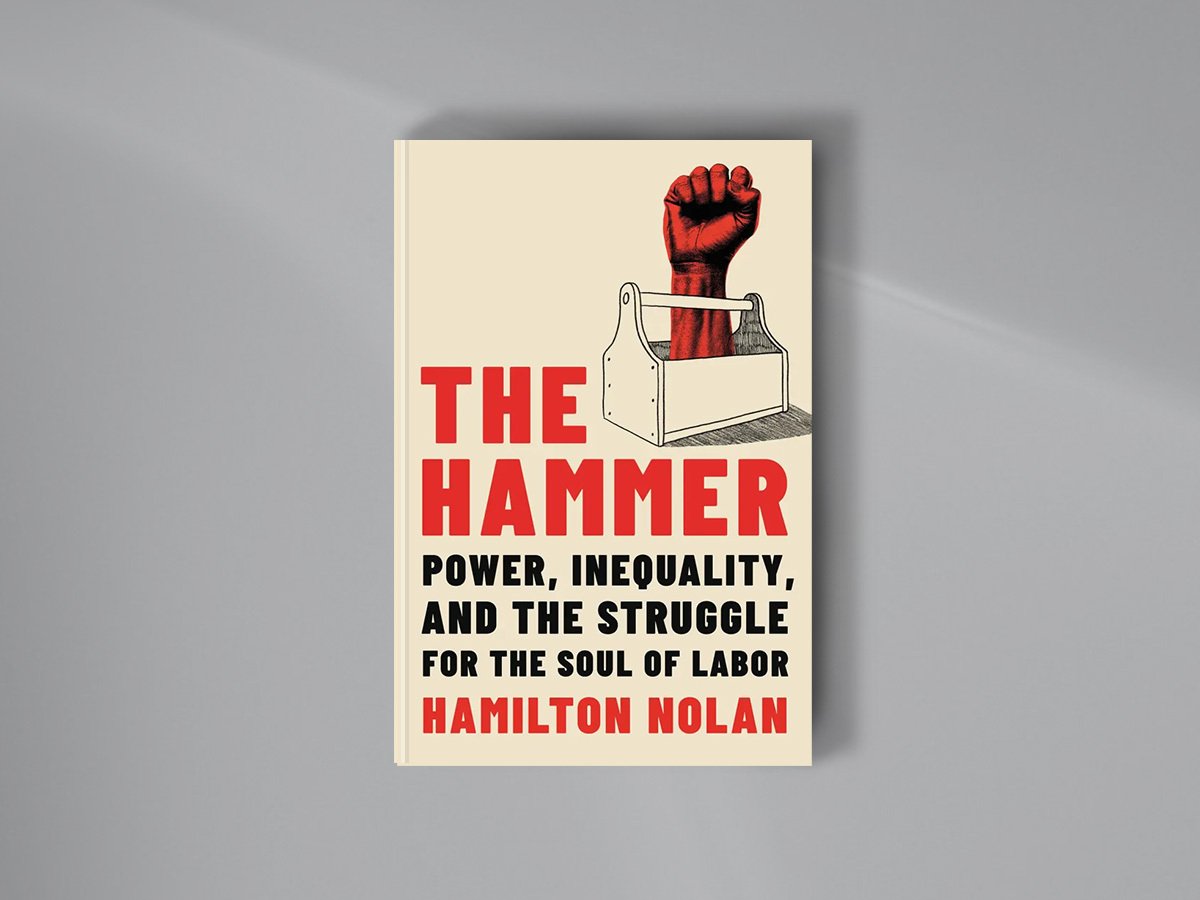
December 6, 2019; Los Angeles Times and Hyperallergic
Last week, NPQ wrote about an effort by workers at the Museum of Contemporary Art (MOCA) to unionize with the American Federation of State, County and Municipal Employees (AFSCME). On Friday, reports Carolina Miranda for the Los Angeles Times, management said “it would voluntarily recognize a new union formed by more than 100 visitor services employees.”
As NPQ’s Kori Kanayama noted, MOCA had committed to “be an active, civic-minded institution, open and inviting to our communities.” In making its decision to recognize the union, MOCA director Klaus Biesenbach accepted the union’s contention that this commitment necessarily extended to its own workforce. As Biesenbach put it, “We have been outspoken for over a year about our vision for the museum as a civic-minded public institution that supports the community. That is as important internally for our staff as it is externally.”
Biesenbach added that MOCA employees’ desire to organize is “in full alignment with this vision we have set forth for our institution.”
At one level, MOCA simply made a common-sense business decision. This past May, MOCA announced that it had received a $10 million donation from board president Carolyn Clark Powers. Just last month, it announced that with that donation, it was set to implement free admission starting January 11, 2020. A drawn-out battle with workers over unionization would surely have taken the bloom off the rose of the museum’s push to expand its community reach.
Still, Hyperallergic was not wrong to call MOCA management’s decision to recognize the union without demanding an election “surprising.” After all, voluntary recognition of unions by management is exceedingly rare. Initially, notes Matt Stromberg, MOCA management had, in response to the workers’ petition, issued a standard, almost boilerplate response that “We do not believe that this union is in the best interest of our employees or the museum.” Management reconsidered, however, as it mulled over what a fight with the union would mean in the context of the museum’s vision of seeking to become and be seen as a civic-minded institution.
Sign up for our free newsletters
Subscribe to NPQ's newsletters to have our top stories delivered directly to your inbox.
By signing up, you agree to our privacy policy and terms of use, and to receive messages from NPQ and our partners.
As Miranda notes, “The last year has seen a wave of unionization campaigns by visitor services employees at the New Museum of Contemporary Art and the Guggenheim Museum in New York, as well as the New Children’s Museum in San Diego and the Frye Museum in Seattle.”
Part of what is driving these union campaigns, adds Miranda, is the growth of the “visitor service associate” job category itself. Miranda explains that these workers “help monitor galleries, often work part-time and without benefits. Wages, for many, hover around the minimum. In recent years the work has evolved, requiring gallery attendants to not only protect the art but also to have knowledge of art and art history.”
As Betsy-Ann Toffler, a part-time visitor service associate, told the Los Angeles Times last month, “We are paid minimum wage, but what is expected of us is more than a typical minimum wage [job].”
With recognition, MOCA becomes the second unionized art museum in Los Angeles and one of more than a dozen nationwide. Last year, management at the first LA art museum to unionize, the Museum of Tolerance, in the museum’s first union contract agreed to raise visitor service associate wages by 41.6 percent over four years. At MOCA, Biesenbach has pledged to move forward “in good faith to establish an equitable and sustainable contract.”
Of course, not all art museums have agreed to negotiate with unions. Notably, last month in Los Angeles, the Marciano Art Foundation shut down its museum four days after workers petitioned for recognition, laying off its entire workforce rather than accepting unionization. The foundation, according to Miranda, now says that the museum’s closure is “permanent.” AFSCME, which represents workers at the Marciano Art Foundation as well as MOCA workers, has filed a petition with the federal National Labor Relations Board alleging that the foundation “has illegally discriminated against its employees by laying off employees en masse and/or closing its facility because employees…engaged in union and other concerted activities.”—Steve Dubb













